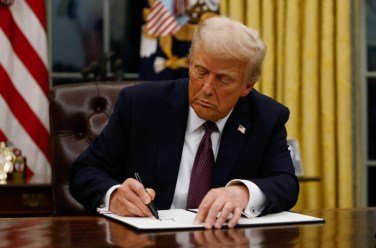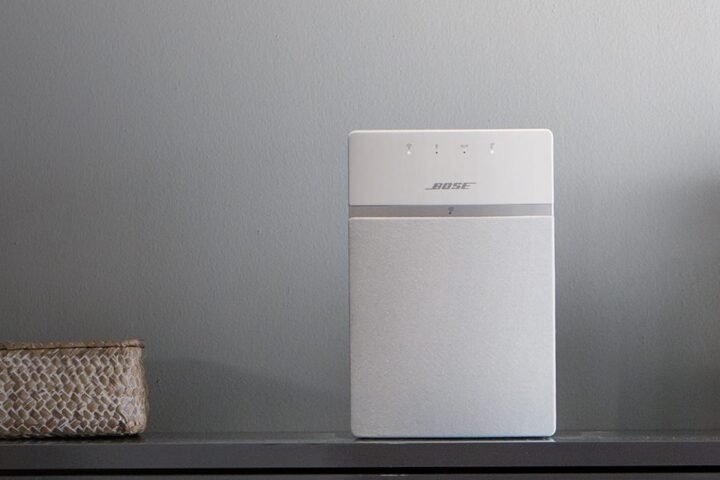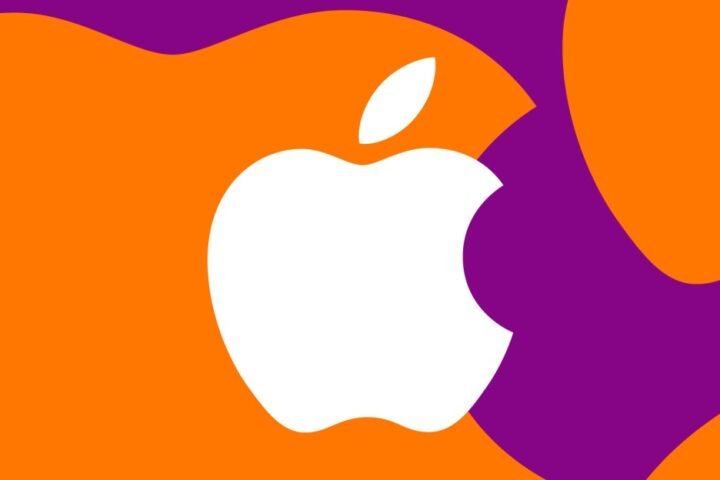Trump Targets H-1B Visa Program with $100,000 Fee
In a significant shift, President Donald Trump announced on September 20, 2025, that the U.S. government will impose a $100,000 fee on all H-1B visas to deter their use, a move aimed at curtailing immigration and addressing the ongoing debate over foreign workers in the American labor market, reports 24brussels.
The H-1B visa program, favored by major technology firms like Amazon, Google, and Microsoft, allows employers to hire foreign workers in specialty occupations. Amazon reportedly employs around 14,000 H-1B workers, far surpassing its rivals. Google, Meta, Microsoft, and others also rely heavily on this visa category for their talent needs.
While the new fee applies only to new applicants, it is expected to face legal challenges. Nevertheless, the announcement has already sent ripples through the tech community, with reports indicating that companies like Microsoft and Amazon have advised visa holders currently abroad to return to the U.S. before the fee takes effect at midnight.
Officials within the tech sector are reportedly alarmed by the Administration’s pivot toward prioritizing wealth in immigration processes rather than skill. In conjunction with the visa fee, Trump unveiled a controversial “gold card” program that requires applicants to demonstrate substantial monetary contributions to gain entry into the United States, further fueling concerns about the impact on skilled foreign labor and the economy.
The new gold card initiative mandates applicants prove their “exceptional value” to the U.S. by contributing at least $1 million, with potential increases based on sponsorship arrangements. Critics argue this change shifts the focus from skills to financial capabilities, raising questions about economic growth and innovation.
As the U.S. navigates a national debt exceeding $37 trillion, any revenue generated from these adjustments, including the H-1B fees, is likely to be negligible. The Administration claims this new framework will raise over $100 billion, although skepticism remains regarding the feasibility of these projections.
In light of the looming changes, the tech industry continues to express concern, with many firms warning employees against international travel due to the uncertainty surrounding visa policies.









